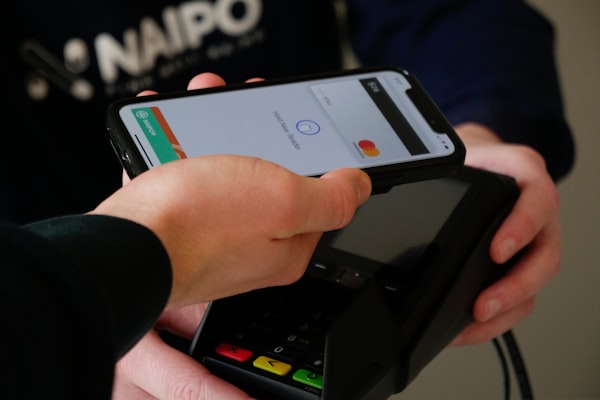What Mistakes Do Merchants Make When Choosing Their Payment Gateway?Posted by Dane Bronson on February 11th, 2021 When becoming a merchant there are a number of problems one has to deal with. For instance, one might not really know which payment gateway is better for him and his customers, or how credit card processing actually works. This is why and when most mistake can be made. But these can be avoided if the merchant knows how to do his research and is willing to ask for help from others. There are plenty of resources, even online, which are easily accessible and can be of great use especially when starting your own business. How to Avoid Mistakes When Choosing a Payment Gateway?In todays’ economy, cash only businesses can’t really keep up with bigger and more attractive companies. This is why many of them have started offering customers several payment options in order to accommodate more business. One of these payment options is via credit card. Although the technology isn’t actually new, some merchants might still have a problem when it comes to understanding how the entire system works and how to properly choose the tools that make credit card payment possible. This is why it is important for merchants to know how to correctly choose their partners and how to avoid potential mistakes that could be made in the process. Although most mistakes can be mended later, making them can mean spending more time and money in order to fix them. One of the biggest mistakes any merchant can make when it comes to choosing the right payment gateway is not understanding what the payment processor asks of him. Each payment gateway provider has a series of conditions that the merchant has to abide by in order to work with them. Many merchants might be drawn in simply by the fact that the provider has a brand name, such as PayPal or Amazon Pay. But just because a payment gateway is used by many doesn’t necessarily mean that it is right for you. There are other, smaller providers that offer similar services at a fraction of the cost, but they don’t have the same weight to their name. Granted, a big name can attract more business and also offers you some additional security when it comes to managing client data. But it also can mean some serious fees. The best way of not making a mistake when choosing the right provider is by carefully researching what each has to offer and what it asks in return. Another mistake many first time merchants make when choosing their payment gateway is that they do not take into consideration the risks associated with processing sensitive personal data. Not all merchants can afford to invest in sophisticated technology in order to create a safe space for their clients to make payments. So they usually just use whatever security protocols the payment gateway provider gives them. But that doesn’t necessarily mean that the whole process is now secure. Data leaks and cyberattacks are a common occurrence even for giants such as PayPal. This is mostly due to the sheer volume of transactions processed daily and the places they come from. The best way to avoid most security risks associated with a payment gateway is to make sure that your internal security protocols are up to date and are routinely checked and even improved when possible. The idea is to give your customers the safes experience they can have while doing business with you. What Are the Most Common Mistakes Associated with Credit Card Processing?
Another common mistake that merchants tend to make when dealing with credit card processing is not understanding how the entire process actually works and how does the money from the clients’ account end up in theirs. This is why some merchants might panic and start calling up banks or blaming the payment processor. This can be easily avoided if the merchant is willing to read up on what credit card processing actually entails. He will see that the contact between him and his client is only a small part of the entire process and that transfer of funds can take up from a few minutes to a few days. This is because not every processors works the same. There are plenty of sites and blogs that explain in great detail how the entire process works and how the merchant can avoid awkward situations. Also, many banks and credit card issuers offer special reading materials explaining the way they work and how long it takes for money to get from one party to the other. Also, the merchant might be interested to understand how fees work and why they differ from one provider to the other. Like it? Share it!More by this author |




